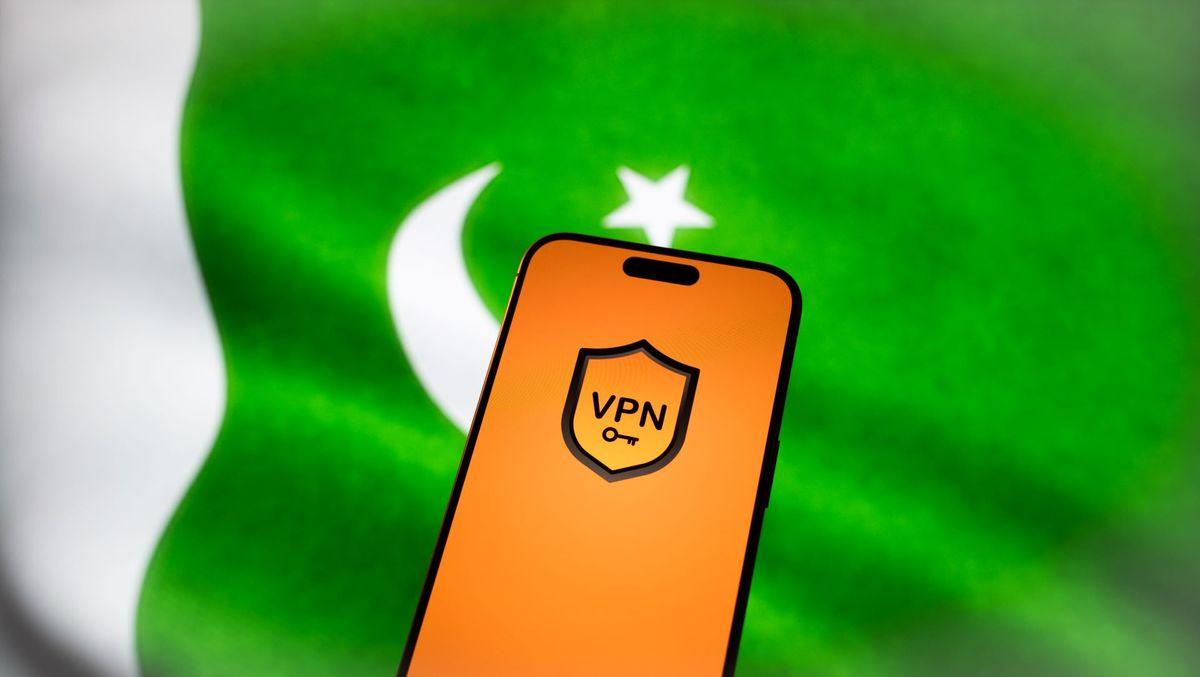The increase in the use of VPNs is the cause of slow internet in Pakistan, with each megabyte of data routed through these services costing the country’s economy around $1.
The shocking revelation comes from a recent report published by the Pakistan Telecommunication Authority (PTA) – local publications including the English-speaking Pakistani newspaper The Express Tribune could reveal.
Although this is not the first time that authorities have condemned unauthorized use of a VPN, particularly for reasons of slowing down the Internet, experts have long argued that government-imposed censorship is instead responsible for the Internet disruption in Pakistan.
The ongoing debate in Pakistan
According to the PTA report – as reported by The Express Tribune – the ever-increasing reliance on top VPN apps “has placed additional pressure on Pakistan’s internet infrastructure”.
Indeed, authorities explain, virtual private network (VPN) services bypass local content delivery networks (CDN), leading to inefficiencies. Additionally, heavy VPN usage is also causing significant economic losses “due to increased dependence on foreign currencies.”
According to PTA data, VPN bandwidth usage peaked at 634 Gbps in August, 597 Gbps in September, 815 Gbps in October and 378 Gbps in November.
These numbers are certainly no surprise. Pakistanis have turned to VPNs en masse since the start of the year to get around strict online restrictions.
X (formerly Twitter) has been inaccessible without a VPN since February. Meta’s Facebook and Instagram were also restricted in July 2024 and May 2023, respectively, according to Surfshark’s Internet Tracker. Bluesky and WhatsApp were the latest social media platforms blocked in the country this year.
It was against this backdrop that the PTA first shared in August its intention to regulate the use of VPNs as a means to combat abuse. Authorities will later consider unregistered VPNs a “security risk” for Pakistan because they can be used to access “sensitive data.”
The PTA then set a deadline of November 30, 2024 to begin implementing the new policy, urging businesses and self-employed workers to register their services to avoid disruption. However, when the registration deadline expired, it was revealed that Pakistan has no legal basis to ban VPNs, according to Pakistan’s Ministry of Justice.
On December 19, 2024, the PTA shared new guidelines requiring VPN companies to obtain a class license for data services in order to operate in the country. VPN providers will also be forced to collect and share user usage information with authorities upon request, effectively going against their strict no-logging VPN policies.
While it is too early to know whether such an attempt to regulate VPN usage will be successful this time around, it certainly marks the start of a new phase in the PTA’s quest to regulate VPN usage. use of these services in Pakistan.




